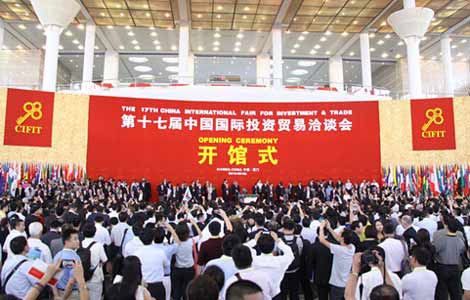Cure sought for medical sector's ills
Updated: 2013-09-12 07:56
By He Na and Jiang Xueqing in Beijing, and Han Junhong in Changchun (China Daily)
|
|||||||||||
Deep-rooted problems
Song Shan, a regional manager at a large pharmaceutical plant in Guangdong province, who has worked in the medical industry for more than two decades, said the problems are deep-rooted.
"Foreign pharmaceutical enterprises are no different from their domestic peers. If they want to survive and make a profit, they need to go through the channels of hospitals and doctors," he said.
"Medical resources in China are highly concentrated in, and monopolized by, the large public hospitals. Therefore, the doctors at these hospitals naturally exercise great power," he said.
Gaining the confidence of doctors is not easy because they are now very cautious, so a lot of businesses hire public-relation experts to train their sales reps, he said.
According to Song, besides providing kickbacks for medical staff, the reps even extend their largesse to the families of doctors and hospital chiefs and, if the customer is deemed important enough, greater temptations, such as overseas travel, will be offered.
"Most of each kickback payment ends up in the doctor's pocket. Compared with the doctors, the amount that the manufacturers and sales representatives receive is much lower," he said.
Song recalled taking his son to a public hospital in May because the boy was running a fever. The doctor prescribed three boxes of a foreign-brand antipyretic at a cost of 70 yuan ($11) per box.
"What made me angry was that the drug he prescribed can have a serious adverse effect on children's growth and should not be recommended for kids. I pounded on his desk and questioned the prescription. When he learned that I was a drug industry professional, the doctor's attitude underwent a U-turn and he prescribed two boxes of a much cheaper domestic drug," he said.
Zhang Shuang, a manager at a large State-owned pharmaceutical company in Jilin, said, "As pharmaceutical manufacturers, we hate commercial bribery. However, there is no rule of fair competition in our market, so it's almost impossible to get your drugs on the prescription list if you don't pay high kickbacks."
Related Stories
China cracks down on medical industry bribery 2012-02-18 14:36
Watchdog may blacklist some pharmaceutical companies 2012-06-01 02:45
GSK scandal punishment must act as deterrent 2013-09-09 17:22
Police reveals more about GSK China's violations 2013-09-03 13:03
Today's Top News
Wang tops Hurun wealthy list
Foreign Ministry dismisses Philippine accusations
Russia proposal likely to avert US airstrikes
EC: Financial recovery 'within sight'
Li stresses transformation of economy
Ties with Kyrgyzstan upgraded
Tailored sermons proposed
China's global firms face 'trust gap'
Hot Topics
Lunar probe , China growth forecasts, Emission rules get tougher, China seen through 'colored lens', International board,
Editor's Picks

|

|

|

|

|

|





